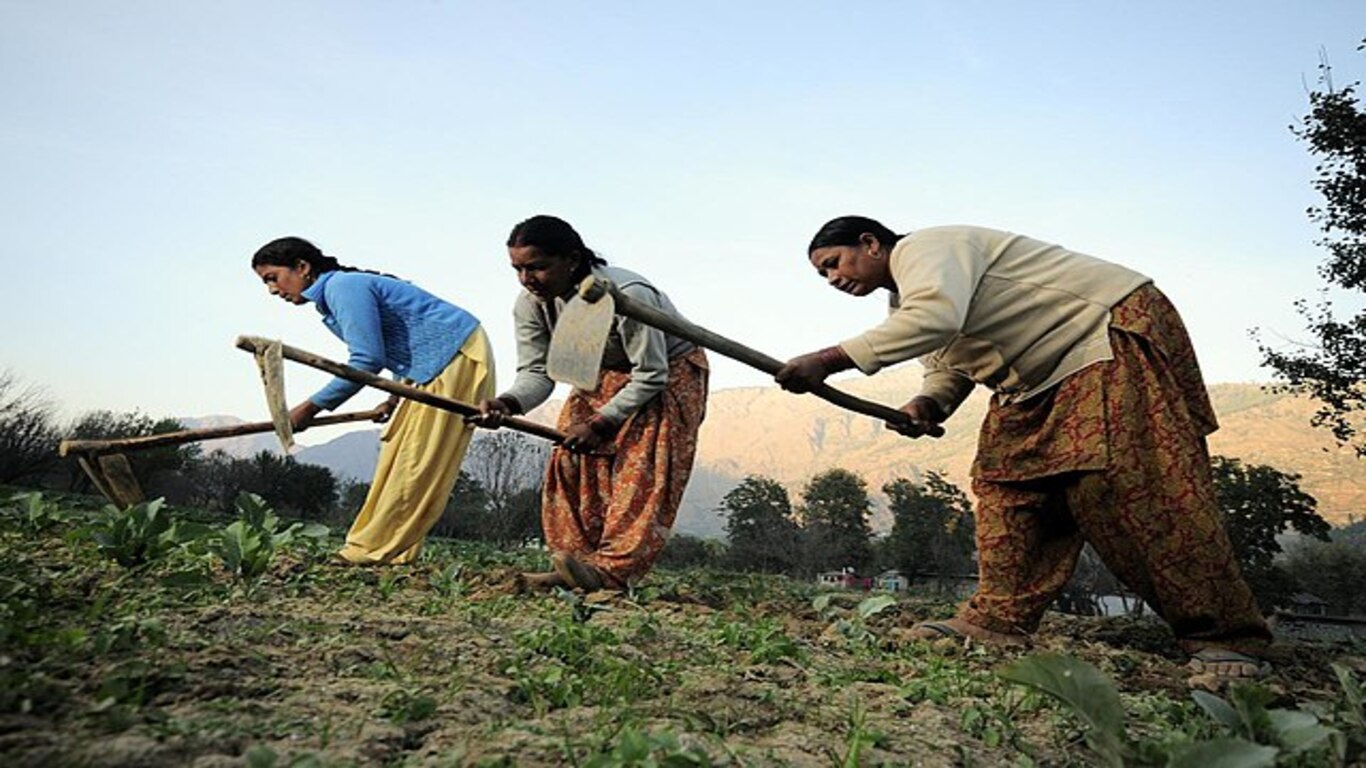How Local Committees neglect women in the Informal Sector?

We all are familiar with the Internal Committee when it comes to the POSH Act. The Local Committee is another essential body vital for implementing the Sexual Harassment of Women at Workplace (Prevention, Prohibition and Redressal) Act, 2013, especially because it governs the fate of more than 95% of women working in India.
In the unorganized sector, workplaces do not have the space for the existence of an independent body like the Internal Committee, especially due to the informal nature of work, be it domestic work, manual scavenging, working in a garment factory, etc. Hence, the constitution of the Local Committee is paramount as the only source of protection for female employees there.
Local Committee under the PoSH Act
As per Section 6(1) of the Act, “Every District Officer shall constitute in the district concerned, a committee to be known as the ‘Local Complaints Committee’ to receive complaints of sexual harassment from establishments where the Internal Committee has not been constituted due to having less than ten workers or if the complaint is against the employer himself.”
In May 2016, the Local Complaints Committee was amended to be renamed the Local Committee, thus expanding its scope from simply resolving complaints to an organization that must work proactively to raise awareness and deal with sexual harassment.
Status of Local Committee formation
The overall levels of compliance with POSH policies are low, as noted in a report by the Martha Farrell Foundation (2018). According to this report, 56% of 655 districts were unresponsive to requests made for obtaining data sets from functioning Local Committees. Only 29% stated that they had formed LCs, and 15% of districts still hadn’t formed them.



Also Read: Know the Local Complaints Committee Members under PoSH Act, 2013
Local Committee and the Informal Sector
According to a study by IndiaSpend, the informal sector in India has a workforce of 384 million members, 195 million of which are women living in rural areas. Domestic help, small factory employees, street vendors, flea market vendors, manual scavengers, garment factory workers, and ASHA and Anganwadi workers are a few of the employees in this industry.
Low awareness regarding Local Committees
According to a review by the Council of Ethics (2021), only 15.9% of informal sector respondents were aware of Local Committees in their districts. A majority believed that reaching out to the nearest police station was the only way they could file a complaint.
Socio-economic factors in the informal sector
67.1% and 45.2% of informal sector workers believe that income and caste, respectively, are distinguishing factors leading to instances of sexual harassment. Socioeconomic status, especially in the informal sector, plays an important role.
Also Read: Impact of not having a Local Complaints Committee constituted under POSH Act, 2013
Sexual harassment cases in the informal sector
High level of unreported workplace sexual harassment due to stigma
43% of informal sector respondents reported feeling uncomfortable in the presence of a colleague at least once. It is essential to note the role played by stigma. The greater the marginalization level, the greater the woman is stigmatized, with many women not receiving family support to report workplace sexual harassment.



Local Committees refuse to file cases
When asked if they were aware of an instance where the Local Committee (LC) in their district had denied filing a case, 6.5% of respondents in the above-mentioned review stated ‘Yes’. This statistic is significant as it shows that LCs have denied filing a complaint, which suggests the additional difficulties complainants are subjected to when they seek help.
Recommendations
The Local Committees are the first line of defense and redressal for informal sector workers experiencing sexual harassment.
- There is an urgent need for prompt and extensive awareness campaigns to help workers become aware of their rights and the redressal mechanisms to support and protect them.
- Strengthening the LC bodies is of paramount importance, mainly by providing it with infrastructure, budgetary, and logistical support.
- Adequate funding and budget are essential for the LC to carry out its broad mandate of acting proactively at the preventive level through awareness-raising initiatives. This would encourage women to raise complaints.
- It is imperative for the government to record and document the activities of the LCs, to keep track of how they are operating nationwide in terms of their make-up, the types of complaints they receive, the orders they issue, the amount of time it takes to give orders, and other relevant factors.
- Equally important is delving into research, be it quantitative or qualitative, assessing the functioning of the Local Committees, enforcing a more balanced system of checks and balances, and ensuring efficacy and efficiency.
Thus, with efficient implementation, the Local Committee has the potential to uphold the spirit of the Vishakha guidelines. Since 95% of women working in India work in the informal sector, improving the LC’s functioning would improve the deep-rooted patriarchal structures while ensuring the accountability of the institutions.
Also Read: Problem Faced by Government in Building Local Complaints Committee
Written by: Ishani Ray is a student at Tata Institute of Social Science, Hyderabad, and is pursuing her Master’s in Women’s Studies.
Ungender is a technology and advisory firm. We help workplaces build an employee-first and inclusive culture. Write to us at sidra@ungender.in to build a safe, diverse, and inclusive workplace.
Read our insights about diversity, legal updates and industry knowledge on workplace inclusion at Ungender Insights. Visit our Blog.
Sign up to stay up-to-date with our free e-mail newsletter.
The above insights are a product of our learning from our advisory work at Ungender. Our Team specialises in advising workplaces on gender centric laws.
or email us at contact@ungender.in




